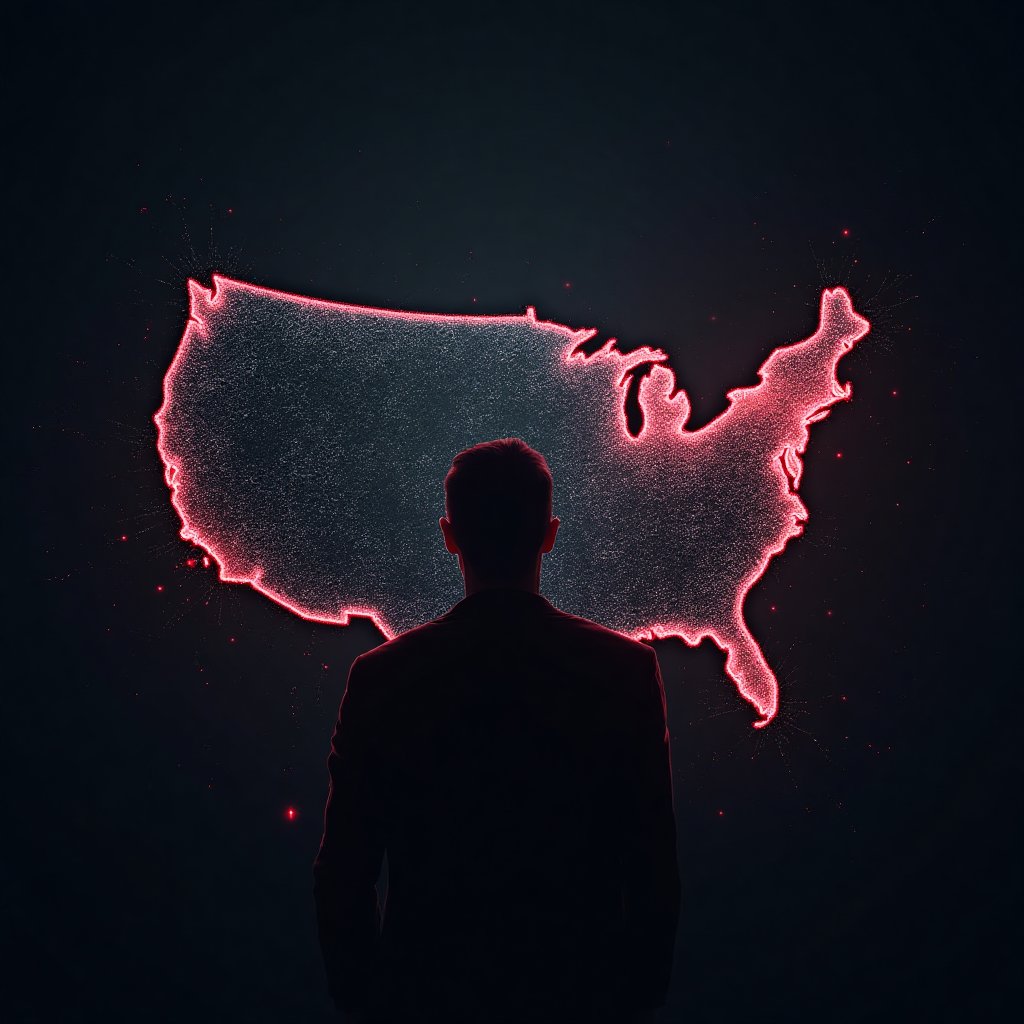In a historic moment on Capitol Hill, OpenAI CEO Sam Altman, alongside other tech leaders, testified before the U.S. Senate to discuss the future of artificial intelligence (AI), its rapid rise, and America’s role in shaping it. Altman painted a powerful vision: AI could be bigger than the internet, and America must lead or risk falling behind. This article dives into the key takeaways from Altman’s testimony, why it matters, and what it tells us about the future of AI. Spoiler alert: it’s not just about technology—it’s about control, freedom, and the survival of American innovation in a global race.
The AI Revolution: Bigger Than the Internet?
Sam Altman didn’t mince words when he said, “This will be at least as big as the internet, maybe bigger.” For context, the internet revolutionized how we communicate, work, and live. But AI? It’s poised to redefine what it means to be human. From healthcare to education, energy to labor, AI’s potential is staggering. But here’s the kicker: America’s leadership in this space isn’t guaranteed. Altman emphasized the need for investment in infrastructure, energy, and talent to ensure the U.S. remains at the forefront of this dual revolution.
Take Abilene, Texas, for example. OpenAI is building what will be the largest AI training facility in the world. This isn’t just a data center; it’s a symbol of America’s commitment to innovation. But Altman warns: we need more of this. The AI stack—chips, energy, data centers—must be built and maintained in the U.S. to keep us ahead in the global AI race. If we don’t, other countries, particularly China, will step in. And trust me, they’re not behind.
The AI Race: Why America Must Beat China
Let’s be real: this isn’ just a technological race; it’s a geopolitical one. China is a formidable competitor in AI development. A quarter of all AI researchers are Chinese, and their talent pool is deep. Nvidia CEO Jensen Huang recently noted that China is not lagging in AI innovation. This isn’t a drill. If America doesn’t act now, we risk losing control of a technology that could shape the future of humanity.
Altman drew parallels to past races—nuclear energy, space exploration, and aviation. In each case, America’s success hinged on government support and collaboration with universities and private companies. The same formula applies to AI. But here’s the twist: AI isn’t like nuclear weapons or space technology. It’s accessible. Non-state actors—yes, even individuals—could develop powerful AI systems. This democratization of AI is both exciting and terrifying. How do we ensure innovation happens here, in America, while keeping the technology safe and ethical?
Privacy in the Age of AI: A Double-Edged Sword
One of the most underdiscussed aspects of AI is privacy. Most users freely share their data with AI systems like ChatGPT, often without realizing it. Your data isn’t just being used; it’s training these models. This raises critical questions: How do we give consumers more control over their data while preserving the utility of AI systems? Altman flagged this as a new frontier in privacy, one that will become increasingly important as AI becomes more integrated into our lives.
Think about it: AI systems will know you better than you know yourself. They’ll understand your habits, preferences, and even your emotions. This level of personalization is powerful, but it also demands robust privacy safeguards. Altman called for clarity and guardrails to ensure users remain in control of their data. It’s a delicate balance, but one we must strike to harness AI’s full potential.
AI and the Future of Work: Disruption or Opportunity?
Let’s address the elephant in the room: AI is going to disrupt the labor market. Jobs will change, some will disappear, and new ones will emerge. Altman acknowledged this, emphasizing the need for tools that help society adapt. But let’s be honest: the speed of this transformation is unprecedented. How do we ensure it doesn’t upend society?
Daniel Kataljo, a former OpenAI employee, echoed these concerns. He noted that while technological revolutions have always impacted jobs, AI’s pace is different. The key, according to Altman, is iterative deployment—putting tools in people’s hands early so they can adapt and innovate. The goal isn’t to replace work but to enhance it. Imagine a world where AI amplifies human creativity and productivity, enabling us to do things we can’t even imagine today. That’s the future we should strive for.
OpenAI’s Open Source Model: A Game-Changer?
Competition in the AI space is heating up, and open-source models are a big part of the conversation. Altman announced that OpenAI will release a leading open-source model this summer. Why? To ensure developers build on the U.S. stack, not China’s. This is crucial for maintaining American leadership in AI innovation. Open-source models democratize access to AI, but they also raise questions about security and control. How do we balance openness with safety? It’s a challenge, but one we must tackle head-on.
Final Thoughts: The Stakes Couldn’t Be Higher
AI is more than a technological breakthrough; it’s a cultural and social revolution. The decisions we make today will shape the future of humanity. Will America lead this revolution, or will we cede control to others? The choice is ours. As Altman put it, “We need to approach this with humility and caution.” But we also need to act—swiftly and decisively.
So, what do you think? How should America navigate the AI revolution? What role should the government play? And how do we ensure AI benefits everyone, not just a select few? Join the conversation in the comments below. Become part of the iNthacity community, the "Shining City on the Web", and let’s shape the future together.
Wait! There's more...check out our gripping short story that continues the journey: The Silent War
Disclaimer: This article may contain affiliate links. If you click on these links and make a purchase, we may receive a commission at no additional cost to you. Our recommendations and reviews are always independent and objective, aiming to provide you with the best information and resources.
Get Exclusive Stories, Photos, Art & Offers - Subscribe Today!


























Post Comment
You must be logged in to post a comment.